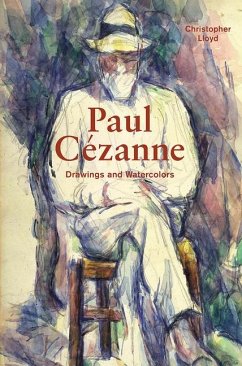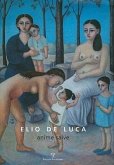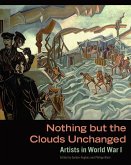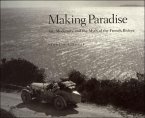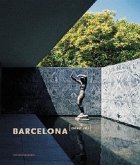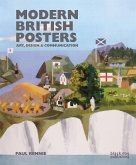Paul Cezanne (1839-1906) was one of the most influential artists of his day, producing work derived from "the most acute sensibility at grips with the most searching rationality" according to his friend, the writer Joachim Gasquet. Honoring tradition while also challenging it, his example made possible the advances of numerous younger artists such as Henri Matisse, Pablo Picasso, and Georges Braque, thereby paving the way for the emergence of modern art. Cezanne's novel approach was evident as much in his drawings and watercolors as in his oil paintings. While the hundreds of drawings that the artist left behind in his sketchbooks confirm the centrality of this medium to his artistic practice, his watercolors from the 1890s were undertaken as works of art in their own right. These latter efforts -- most of them landscapes and still lifes executed in Provence in the South of France -- rank among the finest achievements in this difficult medium from any period. This beautifully illustrated volume traces the development of Cezanne's style through his works on paper. Diverse in subject matter and execution, his drawings and watercolors include copies of other masters' works, studies of his immediate family and their domestic surroundings, and preliminary ideas for finished compositions. They reveal Cezanne as someone deeply committed to devising a process for comprehending and recording the world as he saw it. The result is some of the most absorbing art ever created.
Hinweis: Dieser Artikel kann nur an eine deutsche Lieferadresse ausgeliefert werden.
Hinweis: Dieser Artikel kann nur an eine deutsche Lieferadresse ausgeliefert werden.

